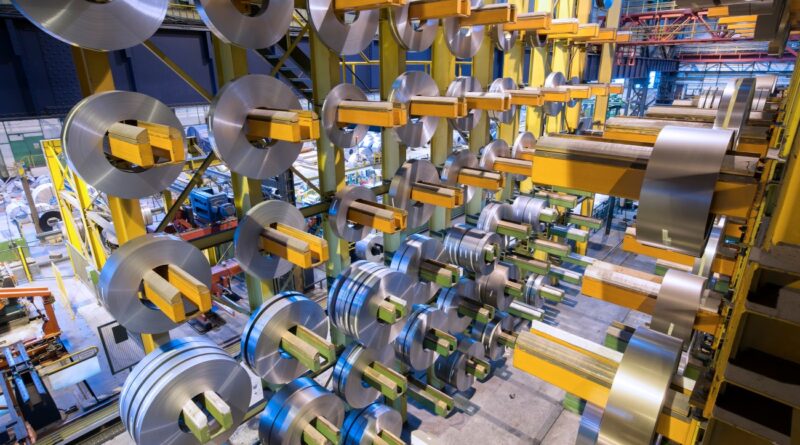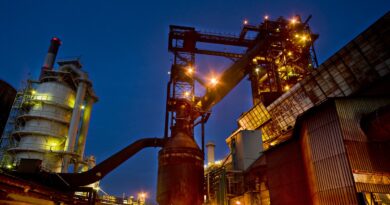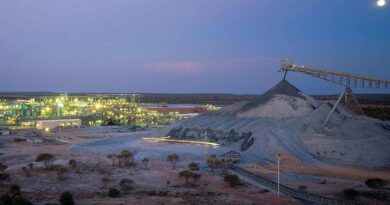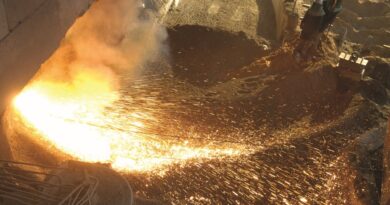Germany to step up use of hydrogen in steel industry
Germany will spend an additional EUR 5 billion to cut emissions from the steel industry as it steps up efforts to meet increasingly stringent climate targets. Germany’s Economy Minister Mr Peter Altmaier, after a meeting with representatives of the German steel industry, said “Steel is a key industry for Germany. At the same time, it has a special role in efforts to reduce emissions because it is the largest industrial emitter of greenhouse gases. Germany will invest in supporting steel mills hydrogen production projects and other research programs. The funds will also help build the infrastructure necessary to facilitate conversion to low-emission metal production.”
Altmaier further said “By 2050, Germany will need to invest more than EUR 35 billion to reduce greenhouse gas emissions from the sector. The steel industry has made it clear that it is prepared to make a significant contribution to climate neutrality. However, this will not be financially viable without the help of the state. The government is prepared to offer subsidies up to the maximum allowed by EU state aid rules to green the industry.”
Steel producers have made some progress in reducing carbon emissions by improving plant efficiency, but now innovation has stalled. Cleaning the steel would require a structural change such as using hydrogen instead of coal to heat the furnaces. That would greatly increase production costs
Last July, the Federal Cabinet decided on a “Steel Action Plan” to support the industry. However, there have not yet been any concrete financing commitments for the billions of euros in the conversion of the steel works.




